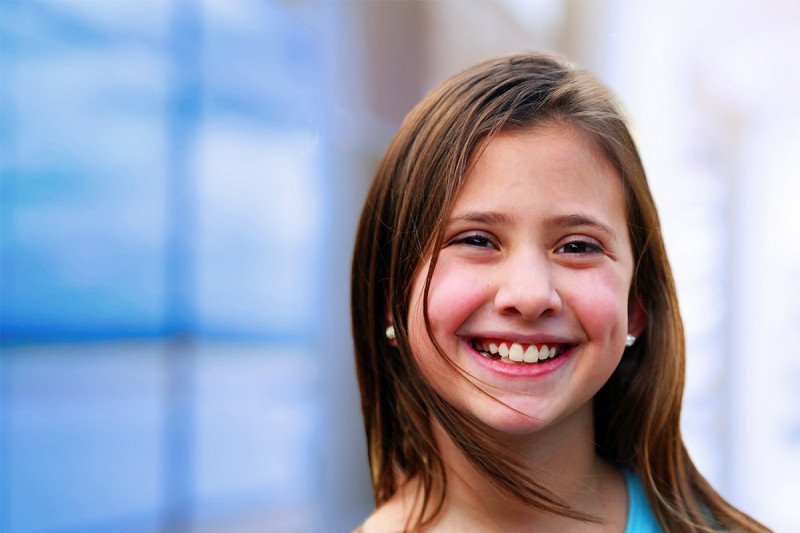
MSK is proud to join with National Cancer Institute (NCI)-designated cancer centers and other organizations to launch an awareness initiative urging the nation’s physicians, parents and young adults to get the human papillomavirus (HPV) vaccination back on track. A joint statement was issued on May 20 supporting these efforts.
The COVID-19 pandemic has interrupted delivery of key health services for children and adolescents, including HPV vaccination for cancer prevention. Dramatic drops in annual well visits and immunizations during the COVID-19 pandemic have caused a significant vaccination gap and lag in vital preventive services among U.S. children and adolescents—especially for the HPV vaccine. Early in the pandemic, HPV vaccination rates among adolescents fell by 75%, resulting in a large cohort of unvaccinated children. Since March 2020, an estimated one million doses of HPV vaccine have been missed by adolescents with public insurance— a decline of 21% over pre-pandemic levels.
HPV vaccine protects against cancers
The HPV vaccine can protect your child against cancers – those of the cervix, anus, throat, penis, vagina, and more. All of them can result from HPV. According to the Centers for Disease Control and Prevention, getting vaccinated could prevent an estimated 92 percent of cancers attributed to HPV.
This is not the first time that MSK has joined with cancer centers across the country to urge Americans to get vaccinated. In January 2016, MSK joined forces with 68 other leading cancer centers to educate the public about the importance of having children vaccinated against HPV. In recent years, MSK experts have focused efforts on answering important questions about what parents need to know, dispelled common myths about the vaccine, and shed light on the lesser known risks for men.
Nearly 80 million Americans – 1 out of every 4 people – are infected with HPV, a virus that causes several types of cancers. Of those millions, more than 31,000 will be diagnosed with an HPV-related cancer this year. Even before the COVID-19 pandemic, HPV vaccination rates lagged far behind other vaccines and other countries’ HPV vaccination rates. According to 2017 data from the Centers for Disease Control (CDC), fewer than half (49%) of adolescents were up to date on the HPV vaccine.
HPV vaccine schedule
Current recommendations are for routine vaccination at ages 11 or 12 or starting at age 9 through age 45. NCI Cancer Centers strongly encourage parents to vaccinate their adolescents as soon as possible. Parents under the age of 45 should ask their doctor about getting themselves vaccinated as well. The CDC recently authorized COVID-19 vaccination for 12-15-year-old children allowing for missed doses of routinely recommended vaccines, including HPV, to be administered at the same time.
